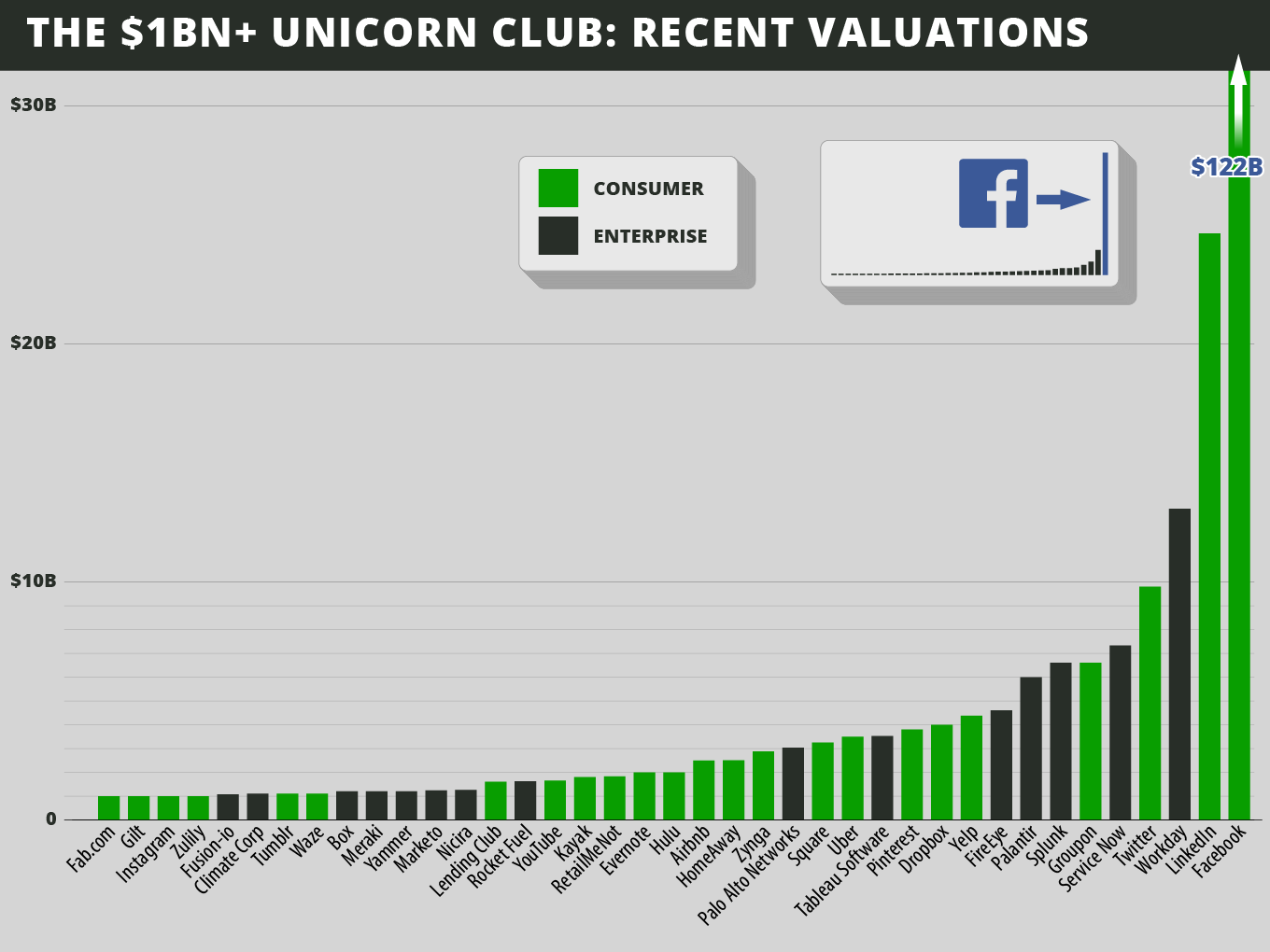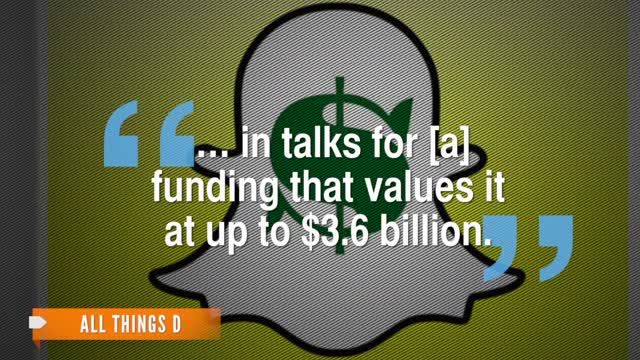Caution: This post is about to get pretty hypocritical
I don't use Snapchat.
I don't need to send photos that disappear after 10 seconds to my friends & boyfriend.
My life just isn't that interesting or risque to need a service like that.
I'm okay with everyone viewing my Instagram photos and tweets
I've even befriended my managers on Facebook before I quit the social network (maybe that was career-limiting, who knows)
Regardless of my preferences, I understand why Snapchat is useful.
There is a need to interact with people without it being archived -- whether that is sharing a mundane detail of your life that your entire social graph doesn't need to know (i.e., I just ate a banana!) or more intimate online behaviors, like sexting.
As this investor states, our online trails can follow us:
On Tuesday, Benchmark Capital partner Bill Gurley, whose firm currently invests in Snapchat, tweeted that people still confused about Snapchat should look at a tweet from the account of the FCC noting that “30% of college admissions officers look at applicants online… They loved your GPA, then they saw your tweets…”What I don't understand is the valuation.
Today, Snapchat founders, Evan Spiegel & Bobby Murphy, age 23 and 25, respectively turned down a $3 billion dollar offer from Facebook. They think they are worth more.
It's been in operation for 2 years, makes $0 in revenue and has ~25M users (as a reference point: Instagram had 100M users in 2012 when it sold to Facebook for $1 billion).
On a positive note, it has 300M "daily snaps," which is very close to the 350M photos uploaded on Facebook per day, coming from a user base that's 2% the size. It's sticky. I guess there is some truth in the assumption that people will share more if it's immediately erased.

Since 2003, there's been 39 other tech companies that have been valued at $1B or more. These companies have been nicknamed "the unicorn club"
It includes the likes of Facebook, YouTube, Pinterest, Groupon, Square, Twitter, Linkedin etc (note: Google's actually a "double decade unicorn", so not included on the list)
All household names. Mostly consumer-facing tech, not B2B. I like a lot of the products.
Now, here's my rant. Get ready for it.
Is Snapchat really one of the top 40 things we've invented in the last 10 year?
I f*ing hope not. It's a toy. It lets people erase embarrassing or trivial behavior.
Shouldn't we be aiming to improve our collective self-control and online etiquette, rather than finding ways to make it disappear?
We have lots of talented and creative young people out there solving problems that don't really matter in the scheme of the world and history. They are lured by the promises of quick fame and quick money -- praying at the alter of VC money and nerdy celebrityhood.
That's why we need more grown-ups in tech.
By grown-ups, I mean men and women with a vision. It has nothing to do with age.
We have a lot of challenges: "A billion people want electricity, millions are without clean water, the climate is changing, manufacturing is inefficient, traffic snarls cities, education is a luxury, and dementia or cancer will strike almost all of us if we live long enough."
We need more "John F Kennedys" of tech to guide us on the right path -- someone that inspires and funds people to do big things, like go to the moon.
Here's an except from Kennedy's speech at Rice University in 1962:
“But why, some say, the moon? Why choose this as our goal? . . . Why climb the highest mountain? Why, 35 years ago, fly the Atlantic? . . . We choose to go to the moon in this decade and do the other things, not because they are easy, but because they are hard; because that goal will serve to organize and measure the best of our energies and skills . . .”Don't get me wrong -- we have some of these folks in tech -- the Elon Musks, Larry Pages and Bill Gates of the world. They are awesome and visionary, challenging the status quo.
We just need more of them. We especially need them on the investor side.
It's too easy to get overshadowed by the noise and hype of Silicon Valley.
And, here's where my hypocrisy comes in (as promised).
I know that there are big problems to solve. I wish start-ups stopped trying to solve trivial problems.
But, in reality...
... I wish I could make something like Snapchat and become rich overnight
... I'm not currently solving any "big problems." I go to work, do some tasks and go home. In order to ease my internal monologue, I remind myself that there are people at Google solving big, life-changing problems. It's just not me. I'm fueling the money engine that allows those things to happen.
Maybe it's not just Silicon Valley that needs a grown-up. It's me too.


Relate so deeply to your final sentence :) I am fueling the ones changing the world - not doing it myself!
ReplyDeleteI wonder if the real question is, lots say make money, then do good - Musk even started Paypal which at the onset initially was a solution seeking a problem - circa 1998 - "oh, cash and cards work, why do we need to pay with email addresses, such a fad" ... and now.
If you see snapchat for the endgame, perhaps its impermanent messaging and where the idea of comfort of face-to-face and confidence in not being repeated out of context can be interpreted online through a start in mediums such as Snapchat?
A few thoughts:
ReplyDelete1. It's likely most efficient to make money & then donate to a cause (or do something on your own later). That's what this group's motto is: http://www.givingwhatwecan.org/. It's just not as inspiring ;)
2. I think Paypal was a bit more thoughtful than that. They realized that web + e-commerce would be a thing and turned a typical offline activity into an online activity. But, I agree -- they now have the freedom and funding to work on interesting problems
3. I'm not totally convinced that Snapchat is the beginning of a "movement" per-say. I think it has it's benefits and does solve a problem. You can still screenshot any of the photos sent, so it's not actually fool proof. I don't think it's a $3B start-up though